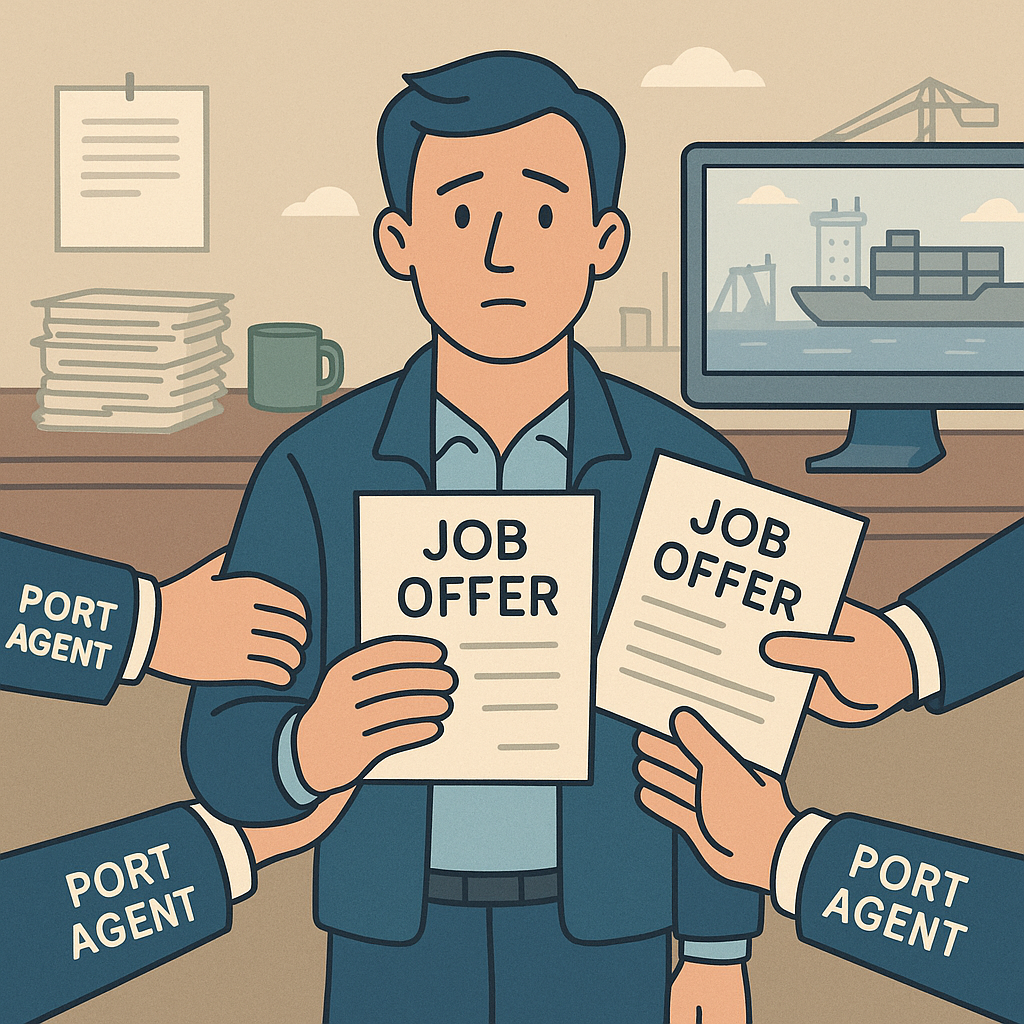The Hidden Costs of Lagging Behind: AI and the Future of Port Agency
In today's rapidly evolving maritime industry, the adoption of AI-driven technology is no longer a luxury but a necessity for port agents seeking to maintain their competitive edge. The cost of failing to embrace these innovations extends far beyond mere operational inefficiencies; it threatens the very survival of businesses in an increasingly tech-savvy market.
Port agents who resist the AI revolution risk significant financial losses due to reduced productivity and increased human error. Traditional manual processes are time-consuming and prone to mistakes, leading to delays, miscommunications, and potential compliance issues. These inefficiencies can result in dissatisfied clients, lost business opportunities, and damaged reputations.
Moreover, the inability to quickly extract and process critical information from vast amounts of data puts non-AI users at a severe disadvantage. In an industry where time is money, the speed and accuracy offered by AI-powered solutions like PortPal can mean the difference between securing a lucrative contract and losing it to a more technologically advanced competitor.
The financial implications of falling behind in technology adoption are substantial. Port agents using outdated systems may find themselves allocating more resources to routine tasks, inflating operational costs and reducing profit margins. This inefficiency can make it challenging to offer competitive pricing, potentially driving clients towards more innovative agencies.
Furthermore, the inability to provide cutting-edge services may result in a gradual erosion of market share. As clients increasingly expect seamless, data-driven operations, agencies unable to meet these demands risk being perceived as outdated and unreliable.
In conclusion, the cost of not leveraging AI-driven technology in the port agent market goes beyond immediate financial losses. It represents a missed opportunity for growth, innovation, and long-term sustainability in an industry that is rapidly embracing digital transformation. To remain competitive, port agents must view AI adoption not as an optional upgrade, but as a critical investment in their future success.



Comments
Post a Comment